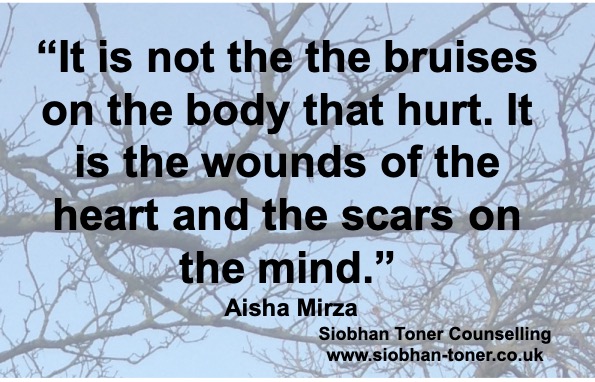
Thursday Thoughts


Counselling in London or online
Siobhan Toner offering individual one-to-one therapy in London or online

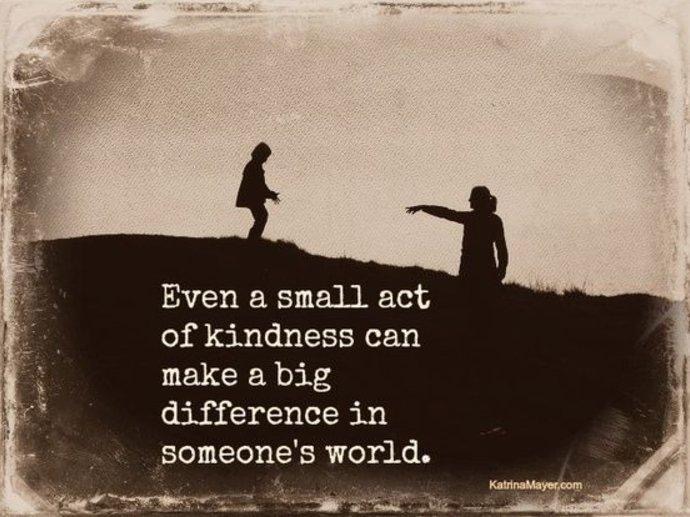
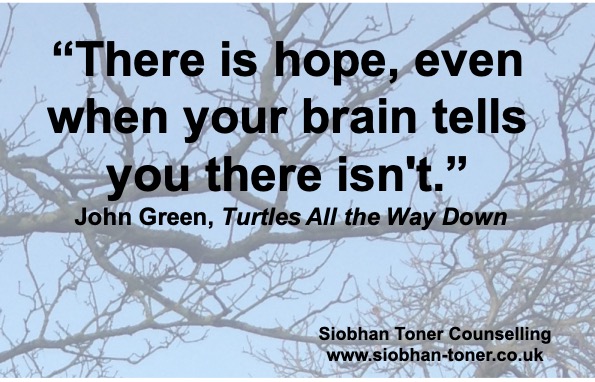
I came across the image below and I found it incredibly powerful.
While it applies to any form of suffering, it is very common for the abuse between siblings to be ignored or dismissed. Society tends to downplay problems between siblings and categorise them as normal family dynamics. They are not always normal though.
Emotional, physical and sexual abuse all have long term impacts on the victim and when people around you act as if nothing bad happened it can be devastating. On top of that you are also expected to remain in a relationship with your abuser by family and friends.
This adds another layer of violence to what has already been suffered.
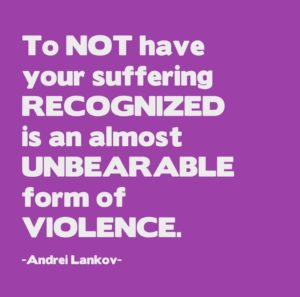
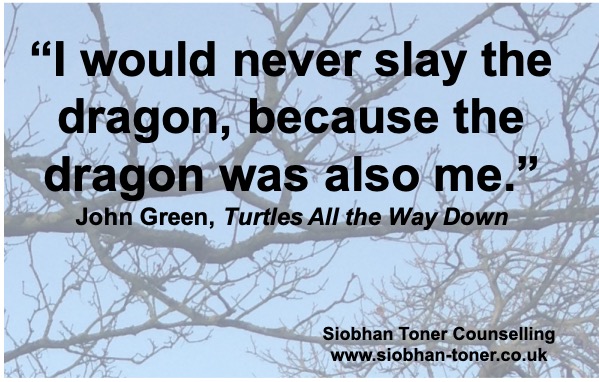
Following on from my post last week for those who are not in a position to look for a private counsellor, these are some thoughts and suggestions. Please note these are all England based.
Please be aware that most counsellors/therapists working privately are not able to take on clients and charge back to the NHS. The system isn’t designed that way. When seeing someone through the NHS or a charity, you usually have to work with the counsellor you are assigned unless there is a significant reason not to.
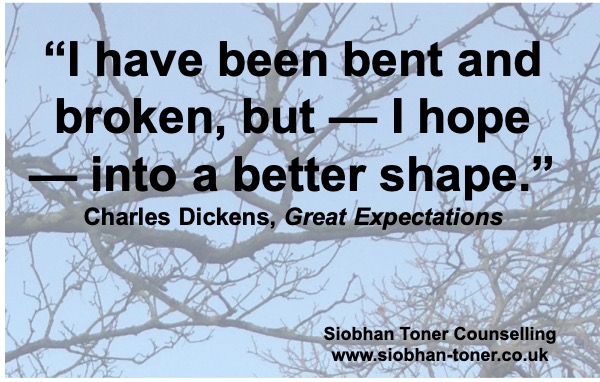
The figures in this old article, that half of people wouldn’t be comfortable talking about mental health issues at work is worrying but not a surprise. i can’t help but wonder if much has changed since then. Despite living through a global pandemic and the additional stressors that has brought I can’t help but feel a bit cynical. Even with work on raising awareness of mental health issues by high profile individuals.
Too many people still struggle without adequate support because of the stigma and an idea that they shouldn’t need it. Or worse, that their issues aren’t as bad as other people so they don’t feel they justify getting help. There are also difficulties accessing support if someone is willing to go looking. Certainly within the UK waiting lists for the NHS are long. Workplaces do sometimes offer Employee Assistance Programmes but these can be very time limited. I am aware that accessing private practice and the costs involved aren’t within the reach of a lot of people. I will be adding more resources for people who need them but they do change so its harder to keep them up to date.
The bottom line is that anyone can find themselves in need of support, either through illness or events the life throws at them. It takes enormous courage to reach out and look for it.
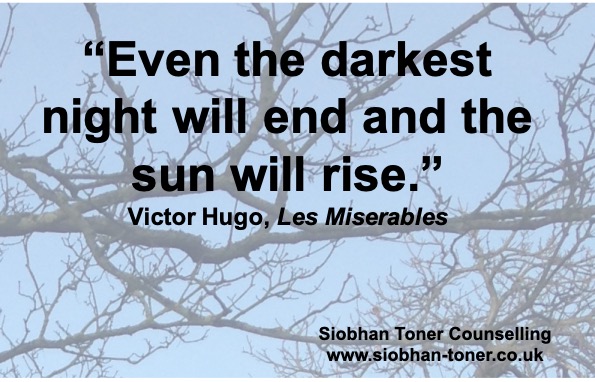
I was reminded today about this talk I found years ago.
Warning, before clicking the link please be aware it is quite sweary. Link to talk.
The message I really took away from it is one I see again and again in my work – how much we do because we feel we should.
Should’s – they create so much anxiety and guilt. We do things we don’t want to because of them, feel guilty if we don’t do them, or even feel guilty if we do them and don’t enjoy it (despite knowing we wouldn’t enjoy them in the first place).
Why is it so hard to refuse? What does saying no mean to us? For each of us there is probably a different story, but I would assume a lot of them are rooted in childhood.
What judgement was put on you when you refused? What value on you as a person if you didn’t want to do something?
What impact does the thought of refusing something have for you now? How cluttered is your life because of it? How anxious?